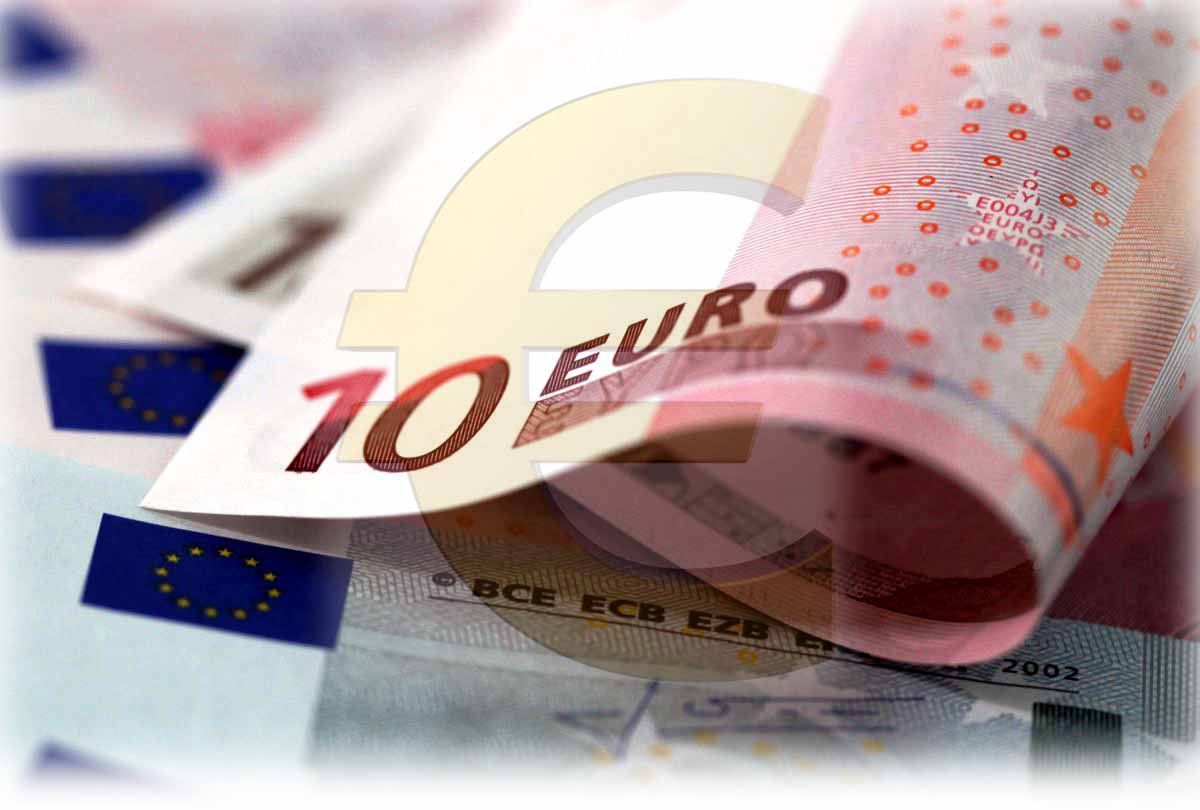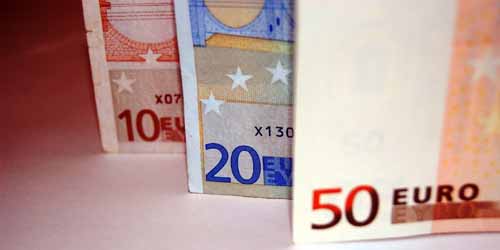After the United States Dollar (USD), the Euro is the second largest and most traded currency in the world having more than €943 billion in circulation. Due to the highest combined value of banknotes and coins, the Euro has a great role throughout the world and as the result; it is the second most used currency in the world. In 2008, international monetary fund conducted a survey in which the GDP and purchasing power of different currencies were analyzed, and after this survey, the Eurozone was concluded as the second largest economy around the world.
Also Read: List of Top 10 Strongest Currencies in the world
History of the Euro Currency
The provisions in 1992 Maastricht Treaty established the Euro currency. For the participation in the currency, the member states are meant to meet the strict criteria like the deficit budget of less than 3% of their Gross Domestic Product (GDP) , a debt ratio of less than 60% of GDP and the Interest close to the EU average. The name euro was officially adopted in Madrid on 16 December 1995.
Today, the Euro is one the leading and strongest currencies around the world used by more than 334 million Europeans. Following is a list of countries using the euro as their currency.
Also Read: Top 10 Biggest Stock Exchange in the World
List of Countries Using the Euro Currency
[box type=”tick” style=”rounded”]In the few coming years, Latvia and Lithuania are expected to be the part of Eurozone. Although Andorra, Kosovo, Montenegro, Monaco, San Marino and the Vatican city are not the EU member yet these are using Euro as their official currency.[/box]
Which Countries do not use euro as currency?
The euro is the official currency of the Eurozone, which consists of 19 out of the 27 European Union (EU) member countries. The remaining EU member countries have chosen not to adopt the euro as their currency, either by opting out or not meeting the necessary criteria for its adoption.
List of Countries do not use the Euro as Currency
- Bulgaria: The Bulgarian lev (BGN) is the official currency of Bulgaria.
- Croatia: The Croatian kuna (HRK) is the official currency of Croatia.
- Czech Republic: The Czech koruna (CZK) is the official currency of the Czech Republic.
- Denmark: Denmark negotiated an opt-out from adopting the euro and continues to use the Danish krone (DKK) as its official currency.
- Hungary: The Hungarian forint (HUF) is the official currency of Hungary.
- Poland: The Polish złoty (PLN) is the official currency of Poland.
- Romania: The Romanian leu (RON) is the official currency of Romania.
- Sweden: Sweden also negotiated an opt-out from adopting the euro and uses the Swedish krona (SEK) as its official currency.
- Croatia: The Croatian kuna (HRK) is the official currency of Croatia.
Also See :
- What is the strongest currency in the world
- What is the Cheapest Currency in the world
- List of European Countries
- Top 10 Richest Countries
- Top 10 Poorest Countries at a glance
- Countries with most natural resources
[/unordered_list]


